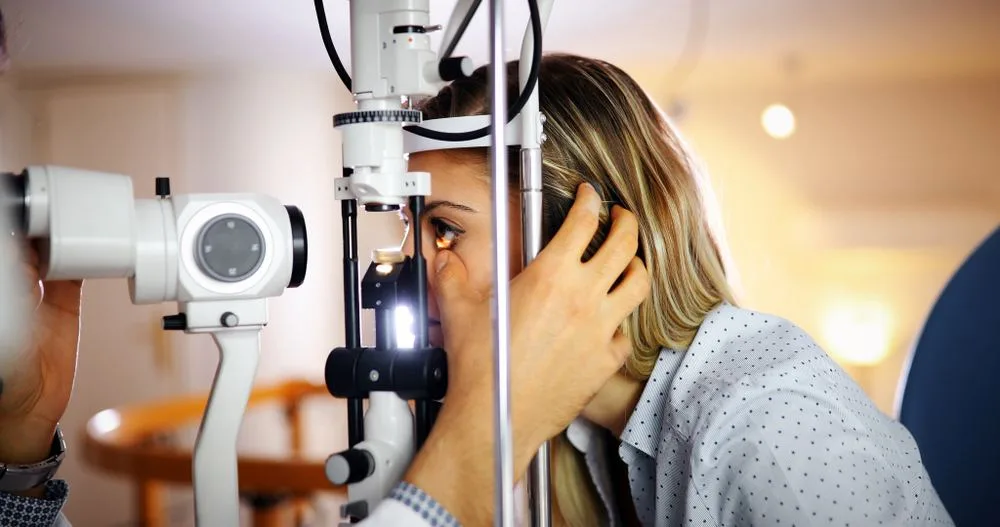Eye health care is one of the most important things people should focus on. However, most individuals fail to take the right steps in this context, like going for routine check-ups. Statistically, there are over 450,000 people in different parts of Australia that suffer from blindness or vision impairment.
Two of the most common eye-related issues people face that result in partial or total vision loss are diabetic retinopathy and cataracts. Typically, aging, and genetic cause a gradual decrease in the visual power of people.
However, going for regular eye tests from certified optometrists can reduce the intensity of the problem a lot. Statistically, doing a standard eye test frequently can decrease up to 80% of the risks of blindness.
Why Should You Get Eye Tests?
Trained optometrists check for the overall eye health of patients in the routine tests:
- Notice if any problems can impair eyesight
- Assess symptoms of eye problems
- Carry out thorough eye tests
- Detect vision changes and their underlying cause
- Check if the patient is suffering from any eye diseases
- Note down solutions/treatment measures for patients

Reasons To Get Eye Tests
Statistically, 90% of all cases of vision impairment and blindness among Australians were originally treatable only if they are detected in the early stage.
Like this, there are many reasons why you should go for regular eye tests. Here are some of them.
- Detect conditions like glaucoma that can potentially cause blindness
- Most eye problems are undetectable early on since common symptoms like pain do not occur. Regular eye tests exams would allow doctors to catch them faster.
- Exposure to UV rays increases the risk of issues like cataracts and macular degeneration.
- Long-time attention on digital media like game consoles, tablets, televisions, phones, computers, and e-readers increases strain on the eyes.
- Faster diagnosis through regular eye tests ensures better-quality treatment at the earliest.
- Low vision can result in more accidents while driving.
Types Of Eye Tests
The following are the different types of eye tests patients get from certified eye healthcare specialists.
1. Visual Acuity Test
This is one of the most common types of eye tests. Here, optometrists check each eye and the 20/20 vision quality carefully.

Photo by Susan Duran on Unsplash
They carry out multiple steps like asking the patient to read letters on the screen, adjusting the lens for different distances.
2. Peripheral Visual Test
Optometrists conduct this test to see the peripheral eyesight of patients, i.e., things that appear in their line of vision on the sides. Multiple eye tests fall under this assessment that doctors carry out, called Tangent Screen Exam, Automated Perimetry, and Confrontation Visual Field Exam.
3. Keratometry Test
This assessment focuses on the cornea, i.e., the curve and shape of the eye’s exteriors. These two factors determine the eye’s ability to reflect and perceive light. Those who have elongated, or steep curves have a condition called astigmatism, which is test detects.
4. Retinoscopy
This eye test involves the use of a tool called a phoropter. Doctors change multiple measurements on it via dials and lenses to check the vision accuracy and strength of the patient. Based on the calculations and answers patients give, the optometrist prescribes the accurate lens measurement for them.
They use an instrument called a phoropter. The patient gazes through it to view an eye chart kept far away.
Conclusion
For the best health management of your eyes, you should get a regular eye exam as frequently as possible. Go to a dependable optometrist for this after checking their credentials, getting a trial examination, and even reading reviews. Research your options well and get recommendations about specific eye doctors before settling on one best for you.






![women [longevity live]](https://longevitylive.com/wp-content/uploads/2020/01/photo-of-women-walking-down-the-street-1116984-100x100.jpg)









